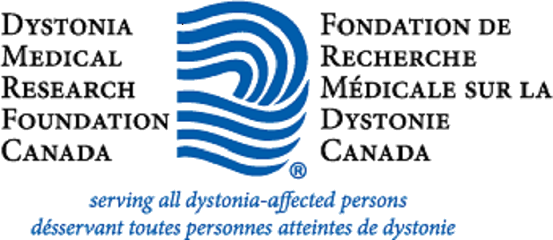Researchers Antonio Pisani, MD, PhD, Associate Professor of Neurology at University of Rome Tor Vergata (Italy) and David Standaert, MD, PhD, Professor and Neurology Chair at University of Alabama recently published the results from their study to explore whether a drug called AZD1446 could potentially provide relief for dystonia patients with fewer side effects than existing medications. Although AZD1446 did not demonstrate therapeutic effects in animal and cell models of DYT1 dystonia, the investigation produced important findings.
Experiments verified that dystonia is associated with abnormal neuron signaling in the striatum, part of the basal ganglia deep in the brain. This abnormal activity causes an imbalance of two neurotransmitters critical for muscle control, dopamine and acetylcholine. AZD1446 belongs to a class of drugs called nicotinic agonists. These drugs mimic the action of acetylcholine in the brain. While the data indicate that AZD1446 is not a particularly promising candidate for development as a treatment for DYT1 dystonia, nicotinic agents do appear to have potential. The study suggests that nicotinic agents should continue to be studied to help better understand dystonia and identify new therapies.
This project was jointly funded by the DMRF and Cure Dystonia Now. The full text of the article is available here.
